Advertisement
The rise of artificial intelligence has brought incredible innovations, but also sparked major conflicts in the creative world. As AI vendors develop tools trained on massive datasets, many authors have found that their original works are being used without consent or payment.
From bestselling books to blog posts, these models rely heavily on content created by authors, raising ethical, legal, and financial concerns. Now, authors around the world are pushing back against AI vendors and the systems profiting from their labor. In this article, we explore the top 7 reasons why authors are fighting back and what's really at stake in this growing battle.
The tension between authors and AI vendors has rapidly intensified over the last few years. Generative AI models are trained using billions of words, often scraped from books, blogs, and articles—many of which belong to living, working authors. While tech companies argue that this process is legal and necessary for innovation, writers see it as exploitation without consent.
Legal battles are mounting. High-profile lawsuits—like those from the Authors Guild and well-known novelists—have demanded accountability from major AI companies. This isn't just a creative dispute; it's a landmark battle for digital intellectual property rights in the age of artificial intelligence.
Why Are Authors Battling AI Vendors?
Authors aren't simply resisting change—they're fighting to preserve their rights, voices, and futures. Here are the seven biggest reasons behind this growing confrontation.
One of the primary reasons authors are battling AI vendors is that their published works are often scraped from the internet or databases and used to train AI models without their permission. Whether it's a novel, poem, or article, writers are discovering their words have been repurposed to power chatbots, content generators, and AI assistants, without any acknowledgement or compensation. This unauthorized usage violates the principle of creative ownership, especially for authors whose livelihoods depend on the uniqueness of their written voice.
AI vendors benefit enormously from the content created by authors, yet most writers have received nothing in return. While AI companies profit by selling tools trained on vast amounts of literary and journalistic content, authors are left out of the financial equation.
This unfair situation has sparked strong protests. Writers want recognition and fair pay. This has led to calls for royalty systems or licensing agreements, where writers would earn compensation every time their content is used or referenced in training large language models. Many believe this is a matter of basic fairness.
Authors hold copyrights to their works, but many AI vendors argue that using written content for AI training falls under "fair use." This grey area has sparked legal challenges worldwide.
Authors argue that the unlicensed use of copyrighted material, even for machine learning, violates intellectual property laws and undermines their rights. Several lawsuits have been filed to set legal precedents in this evolving area of AI vendors vs authors.

Generative AI tools can now produce blog posts, short stories, and even book summaries in seconds. This creates unfair market competition, where AI-generated content floods the internet, often mimicking the styles of real authors, driving down demand and value for original work.
Writers fear that their unique voices and years of experience are being reduced to algorithmic patterns, making it harder to earn a living as professional authors in an era of AI-generated content.

Authors are raising concerns not just about money but about ethics. Training AI on unlicensed creative works—especially from marginalized authors or deceased writers—raises questions about consent, bias, and transparency. Many fear this exploitation harms diverse voices and cultural heritage.
There is a broader concern that AI vendors are prioritizing profit and technological speed over respect for human creativity and labor, setting a troubling precedent for future innovation. Without proper regulation, these issues could worsen, affecting trust and the integrity of creative industries worldwide.
When AI mimics an author's writing style or tone, it can lead to a loss of creative identity. Some AI systems have been shown to generate content that resembles the work of specific authors, sometimes even replicating their exact phrases.
Authors worry about misrepresentation and reputational harm if the content is generated in their style but not under their control. The lack of attribution or quality control further fuels their frustration with AI content systems.
Many authors are now advocating for stronger copyright protections, ethical guidelines, and transparent policies from AI companies. They're joining unions, signing petitions, and filing lawsuits to force vendors to engage in fair negotiation.
This push isn't just about protecting writers—it's about redefining the balance of power between authors and AI vendors to ensure long-term sustainability for both technology and creative talent.
As the battle escalates, AI vendors are beginning to respond. Some companies are offering opt-out mechanisms, allowing creators to exclude their works from training data. Others are signing licensing deals with publishers or content providers.
Still, the authors argue that these are surface-level fixes. Activist groups, such as the Authors Guild and PEN America, as well as digital rights organizations, continue to demand stronger legislation, increased transparency, and formal compensation models for creators whose content fuels the AI revolution.
The clash between authors and AI vendors isn't just a legal or financial issue—it's a defining moment for the future of creative work. As AI tools continue to evolve, writers are demanding their rightful place at the table, where their words, effort, and originality are respected and rewarded.
If left unresolved, this conflict could reshape how we value human creativity in the digital age. However, if addressed thoughtfully, it presents an opportunity to establish a fairer, more ethical system for authors, creators, and developers alike. Writers deserve to be paid for their work—no matter who (or what) is using it. Now is the time to support their fight for fairness.
Advertisement

Find why authors are demanding fair pay from AI vendors who are using their work without proper consent or compensation.
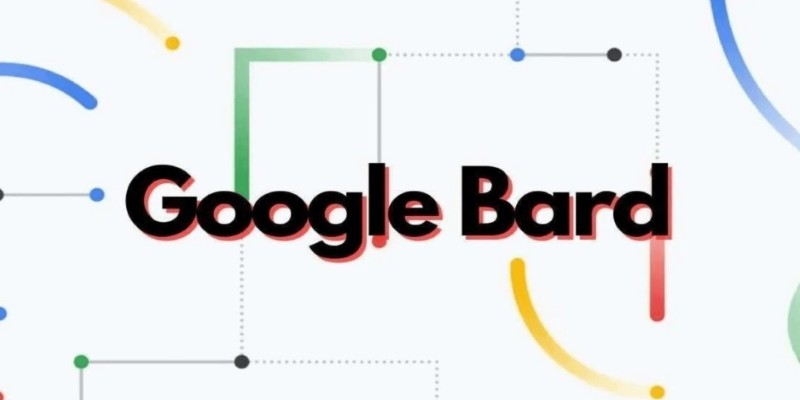
How Google Bard’s latest advancements significantly improve its logic and reasoning abilities, making it smarter and more effective in handling complex conversations and tasks

Explore how AI agents are transforming the digital workforce in 2025. Discover roles, benefits, challenges, and future trends

Celonis faces rising competition by evolving process mining with real-time insights, integration, and user-friendly automation
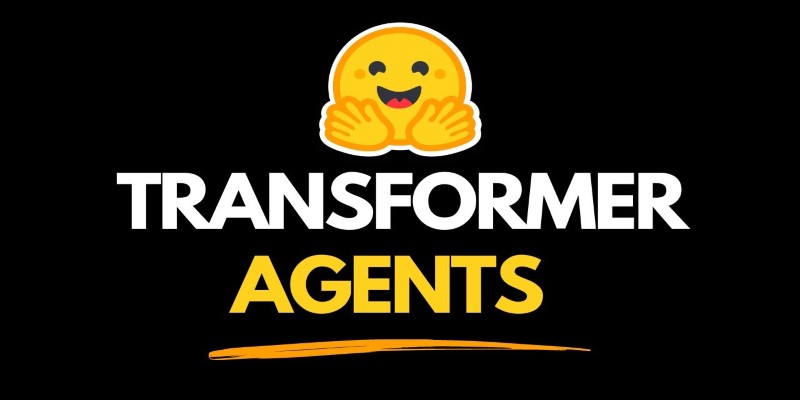
What if your AI could actually get work done? Hugging Face’s Transformer Agent combines models and tools to handle real tasks—file, image, code, and more
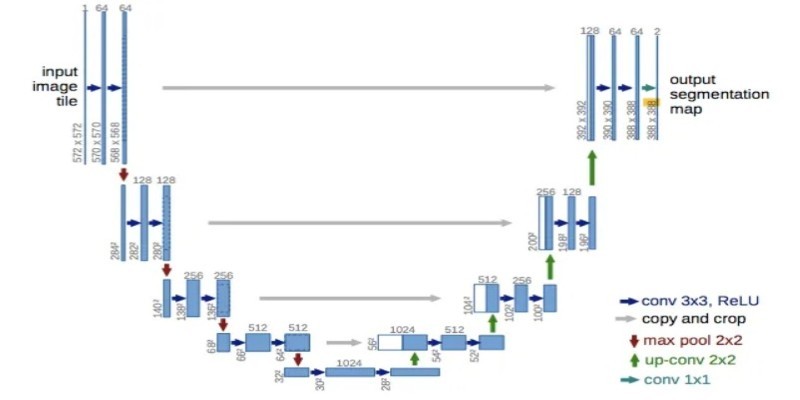
How UNet simplifies complex tasks in image processing. This guide explains UNet architecture and its role in accurate image segmentation using real-world examples

Google Cloud’s new AI tools enhance productivity, automate processes, and empower all business users across various industries
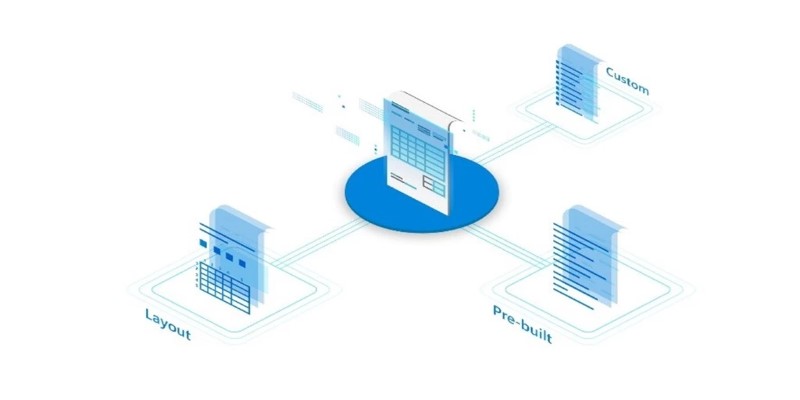
Want to save time processing forms? Discover how Azure Form Recognizer extracts structured data from documents with speed, accuracy, and minimal setup
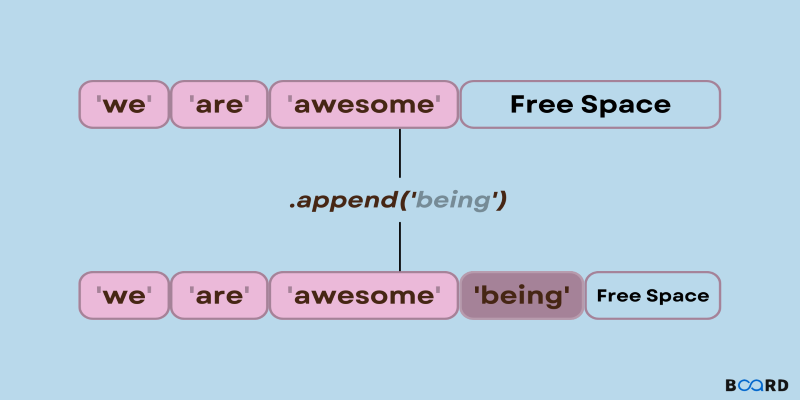
Need to add items to a Python list? Learn how append() works, what it does under the hood, and when to use it with confidence
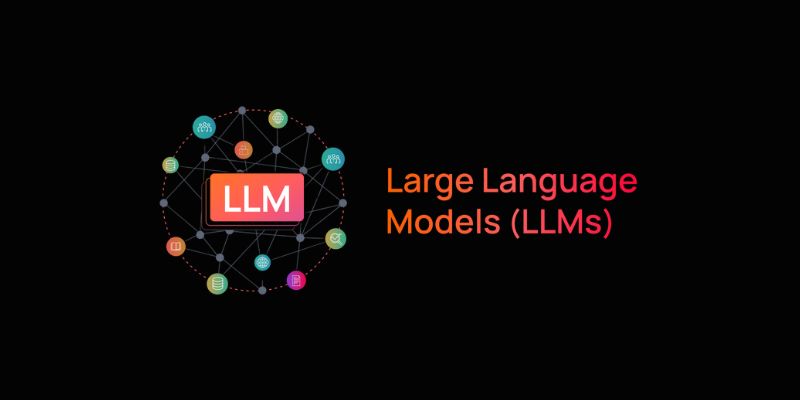
AI groups tune large language models with testing, alignment, and ethical reviews to ensure safe, accurate, and global deployment

Salesforce advances secure, private generative AI to boost enterprise productivity and data protection

Explore how AI innovates the business world and what the future of AI Transformation holds for the modern business world